TL;DR:
- Why Speed up WordPress Matters: Affects SEO, user experience, and conversions. Slow sites lose visitors and rankings.
- Speed Measurement: Use tools like Google PageSpeed Insights and GTmetrix. Track metrics like FCP, LCP, and TTI.
- Quick Fixes: Install caching plugins, compress images, use a CDN, remove unused plugins, and reduce homepage bloat.
- Best Practices: Keep WordPress updated, optimize the database, limit post revisions, and disable hotlinking.
- Hosting: Choose managed WordPress hosting and the latest PHP version for better performance.
- Advanced Tips: Minify CSS/JS, defer JavaScript, use lightweight themes, and disable unnecessary features.
- Mobile Optimization: Ensure mobile speed with responsive images and AMP.
- Ongoing Maintenance: Regular audits, monitor uptime, and clean your site.
- Non-Techies: Hire optimization services or use WPCode for customizations.
Introduction
A slow WordPress site can be detrimental to both user experience and SEO rankings. Visitors have high expectations, and a delay of even a second can drive them away, ultimately affecting conversions and engagement. In 2025, optimizing your website’s speed is essential not only for user satisfaction but also for maintaining a solid position on search engine results.
If you find the technical aspects of optimization overwhelming, you may consider hiring WordPress developers who specialize in performance improvements. They can provide tailored solutions to ensure your site runs efficiently without compromising on functionality or design.
In this guide, we will explore various ways to enhance your WordPress site’s performance — from basic tweaks to advanced strategies. Let’s dive in!
Why Speed Matters for WordPress Websites
Better SEO Rankings
Google has consistently made speed a key ranking factor. With its Core Web Vitals update, site speed became an integral part of Google’s ranking algorithm, and slow-loading pages will push your site down in search results. If your WordPress site takes too long to load, you risk losing valuable organic traffic.
Improved User Experience
Speed is directly related to user satisfaction. Research shows that 53% of visitors will abandon a website if it takes longer than 3 seconds to load. The faster your site, the happier your visitors. A fast experience also encourages more time spent on-site, increasing the chances of conversions, whether that’s through purchases, sign-ups, or other actions.
Higher Conversion Rates
A delayed page load can have a significant impact on conversions. For example, a 1-second delay in load time can reduce conversions by as much as 7%. Faster sites lead to more satisfied customers and better business outcomes.
For those interested in scaling their WordPress site effectively for high traffic, implementing speed optimizations is a critical part of ensuring that your site can handle the demands of a growing audience. Learn how to scale your WordPress website for high traffic for even better results.
How to Measure Your WordPress Site Speed
Top Tools to Use
To measure and track your WordPress site’s performance, there are several great tools available:
- Google PageSpeed Insights: Offers insights on both mobile and desktop performance, highlighting issues with actionable recommendations.
- GTmetrix: Provides a detailed breakdown of load times, the number of requests, and overall performance metrics.
- WebPageTest: Tests your site’s performance from multiple locations and devices, providing valuable data for optimization.
- IsItWP Speed Test: Another tool that helps you test your WordPress site speed and compare it against others.
Key Metrics to Track
When analyzing your site’s performance, focus on these important metrics:
- First Contentful Paint (FCP): Measures when the first content is displayed on the screen.
- Largest Contentful Paint (LCP): This metric tracks when the largest visible content (usually an image or text) loads.
- Time to Interactive (TTI): Indicates how long it takes for the page to become fully interactive.
- Cumulative Layout Shift (CLS): Measures visual stability by monitoring unexpected shifts in page layout as elements load.
Pro Tip: Make sure to test your site on both mobile and desktop, as performance can vary across devices. For mobile optimization specifically, check out how to optimize your WordPress website for mobile users.

What’s Slowing Down Your WordPress Site
Common Performance Bottlenecks
Several elements can slow down a WordPress site:
- Large or uncompressed images: High-resolution images can be massive and take time to load.
- Outdated plugins and themes: Old plugins and themes can have bugs or inefficient code that slow your site down.
- Too many HTTP requests: Each file (CSS, JavaScript, images, etc.) that loads on a page makes an HTTP request, increasing load time.
- Poor hosting environments: Shared hosting services, in particular, can slow down your site if the server is overloaded with other sites.
- No caching or CDN: Without caching and a content delivery network (CDN), each page load requires fetching data from the server, which can increase load times.
- Bulky sliders and embedded widgets: Interactive elements, like sliders, third-party widgets, and auto-playing videos, can slow down page rendering.
If you’re looking for tailored WordPress solutions that improve performance and scalability, consider a custom WordPress development service, which can optimize your site’s core architecture for better speed and functionality.
How to Identify Bottlenecks
You can use tools like GTmetrix and Google PageSpeed Insights to identify issues with load times. Look for “Opportunities” in Google PageSpeed, which will give you actionable steps to fix specific issues on your site.
Quick Wins: Speed Boosting with No Coding
1. Install a Caching Plugin
Caching reduces the number of requests made to your server by saving static copies of your pages. By installing a caching plugin, your server doesn’t have to generate a new page each time it’s visited. Some popular caching plugins include:
- WP Super Cache
- WP Rocket (Paid option but one of the best)
- LiteSpeed Cache
2. Compress and Lazy-Load Images
Images are often the largest files on any website. Compressing them will reduce their file size without losing quality. Plugins like Smush, Imagify, and ShortPixel can help you compress images automatically. Additionally, enable lazy loading to ensure that images only load when they come into view.
3. Use a CDN (Content Delivery Network)
A CDN distributes your website’s content across multiple servers around the world. When a user visits your site, the CDN serves the content from the server closest to them, reducing latency and improving load times. Popular CDNs include Cloudflare, BunnyCDN, and Jetpack CDN.
4. Remove Unused Plugins and Themes
Unused plugins and themes can bloat your WordPress site, causing unnecessary overhead. Make sure to deactivate and delete any plugins or themes that aren’t in use. This will help lighten your site’s load and improve performance.
5. Reduce Homepage Bloat
Your homepage is the most important page on your site, and it should load quickly. Limit the number of posts displayed on the homepage and reduce the number of widgets, third-party integrations, or heavy elements like sliders.
Essential WordPress Performance Best Practices
Keep Everything Updated
Outdated themes and plugins often come with inefficiencies and security vulnerabilities that can impact performance. Always keep your WordPress version, themes, and plugins updated to ensure you’re running the most optimized and secure versions.
Optimize Your Database
WordPress stores a lot of unnecessary data, such as post revisions, spam comments, and unused tables. Clean up your database using plugins like WP-Optimize to remove bloat and optimize tables for better performance.
Limit Post Revisions
WordPress saves every change you make to a post as a revision. While this is helpful for tracking changes, it can add unnecessary data to your database. You can limit the number of revisions WordPress saves by adding this line to your wp-config.php file:
php
define(‘WP_POST_REVISIONS’, 5);
This will limit each post to just 5 revisions.
Disable Hotlinking
Hotlinking occurs when other websites use your images directly, which increases your server load. To prevent this, add the following code to your .htaccess file or enable this feature in your CDN:
apache
RewriteEngine On
RewriteCond %{HTTP_REFERER} !^http://(www\.)?yourdomain.com [NC]
RewriteRule \.(jpg|jpeg|png|gif)$ – [F]
Embed Media Instead of Uploading
Instead of uploading videos directly to your server, consider hosting them on platforms like YouTube, Vimeo, or Wistia. This reduces the load on your server and improves site performance.
Hosting: The Foundation of Speed
Why Shared Hosting Hurts Speed
Shared hosting means your website shares resources (like RAM and CPU) with other websites on the same server. This can result in slower performance, especially if other sites on the same server experience high traffic.
Benefits of Managed WordPress Hosting
Managed WordPress hosting services are optimized specifically for WordPress. They offer faster loading times, security enhancements, and expert support. Popular options include:
- SiteGround
- Kinsta
- WP Engine
Use Latest PHP Version
PHP powers WordPress, and the version you use can impact your site’s performance. Make sure your hosting provider is using the latest stable PHP version (PHP 8.2 or higher) for optimal speed.
For businesses considering a transition from HTML to WordPress, converting your site from HTML to WordPress can help improve speed and enhance flexibility for ongoing performance optimizations.
Advanced Tips to Turbocharge Speed
Minify CSS, JS, and HTML
By minifying CSS, JavaScript, and HTML, you remove unnecessary spaces, comments, and characters, reducing file size and load times. Use plugins like Autoptimize or Asset CleanUp to automatically minify and combine files.
Defer JavaScript
You can improve load times by deferring non-essential JavaScript files until after the page has loaded. This improves First Contentful Paint (FCP) and Largest Contentful Paint (LCP). Many caching plugins like WP Rocket offer an option to defer JavaScript.
Use Lightweight Themes
Choosing a lightweight, performance-optimized theme can significantly improve your site’s speed. Popular choices include:
- Astra
- GeneratePress
- Neve
Disable Unnecessary WordPress Features
WordPress comes with several features that can bloat your site. Disable unnecessary features such as:
- Emojis: Add this to your functions.php file or use a plugin like Disable Emojis to remove them.
- Embeds: Prevent WordPress from embedding content from external sources by using the Disable Embeds plugin.
Split Comments and Long Posts
If your posts receive a lot of comments or are long, split them into multiple pages to reduce the load time for each page. WordPress has built-in pagination options that can help you manage long content.
Mobile Performance Optimization
Why Mobile Speed Matters
Mobile-first indexing means that Google prioritizes the mobile version of your site for ranking purposes. If your mobile site is slow, it can significantly impact your SEO performance.
How to Optimize
- Responsive Images: Use responsive images that adjust to different screen sizes. Consider using WebP images for better compression.
- Lazy Loading: Enable lazy loading for images and videos to load them only when they come into view.
- Mobile-Friendly Test: Use the Google Mobile-Friendly Test to check if your site is optimized for mobile devices.
- AMP: Consider using Accelerated Mobile Pages (AMP) for lightning-fast mobile page loads if necessary.
To make your WordPress site fully mobile-optimized, consider learning more about how to optimize your WordPress website for mobile users.
Ongoing Maintenance and Monitoring
Schedule Speed Audits
Regularly monitor your website’s speed with tools like GTmetrix or PageSpeed Insights. Set reminders to test your site monthly and track improvements.
Monitor Uptime and Load Times
Use tools like Uptime Robot and Pingdom to track your site’s uptime and load times. Monitoring ensures that performance issues are caught early.
Clean Your Site Regularly
Remove old drafts, spam comments, and outdated data from your site. Plugins like WP-Optimize help you keep your database clean and optimized.

Done-For-You Options (For Non-Techies)
Hire a WordPress Speed Optimization Service
If you’re short on time or lack the technical expertise, you can hire WordPress developers to handle your site’s speed optimization. Professionals can provide tailored solutions to ensure that your WordPress site runs at peak performance. They can efficiently address complex issues, implement advanced optimizations, and monitor ongoing performance, allowing you to focus on your business.
- WP Buffs
- FixRunner
- WPBeginner Pro Services
Use WPCode for Lightweight Customization
Avoid using bulky plugins for small tasks. Instead, use WPCode to implement performance enhancing code snippets directly into your WordPress site.
Conclusion
Website speed is a critical aspect of both user experience and SEO performance. By following the strategies outlined in this guide, you can significantly improve your WordPress site’s speed and see tangible benefits, such as higher rankings, lower bounce rates, and increased conversions.
If you’ve implemented these tips and optimized your WordPress site, you’re well on your way to creating a faster, more efficient website that performs at its best!
However, if you find that your site requires more complex optimizations or if you want to ensure ongoing performance, it might be helpful to consult with a WordPress development company. A professional team can provide advanced optimization techniques, handle custom configurations, and offer long-term support, ensuring your site stays fast as it scales.


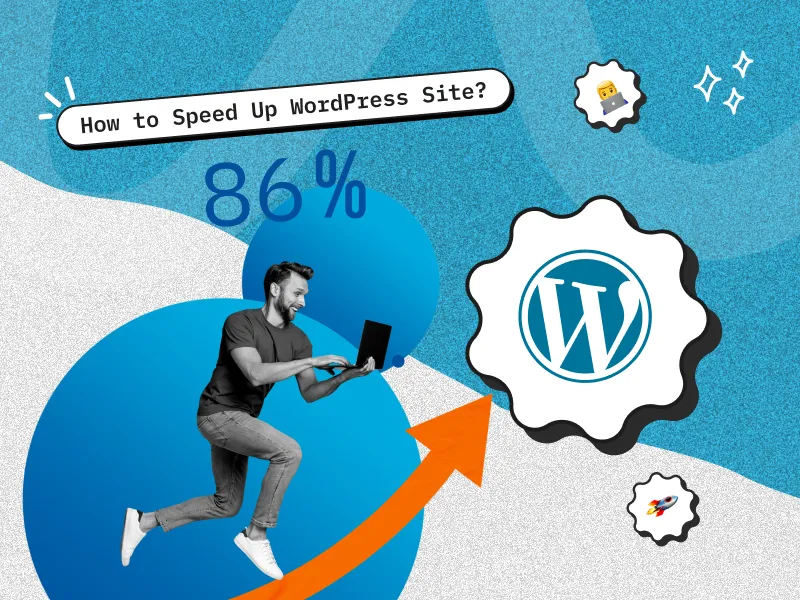








 30 mins free Consulting
30 mins free Consulting 
 10 min read
10 min read 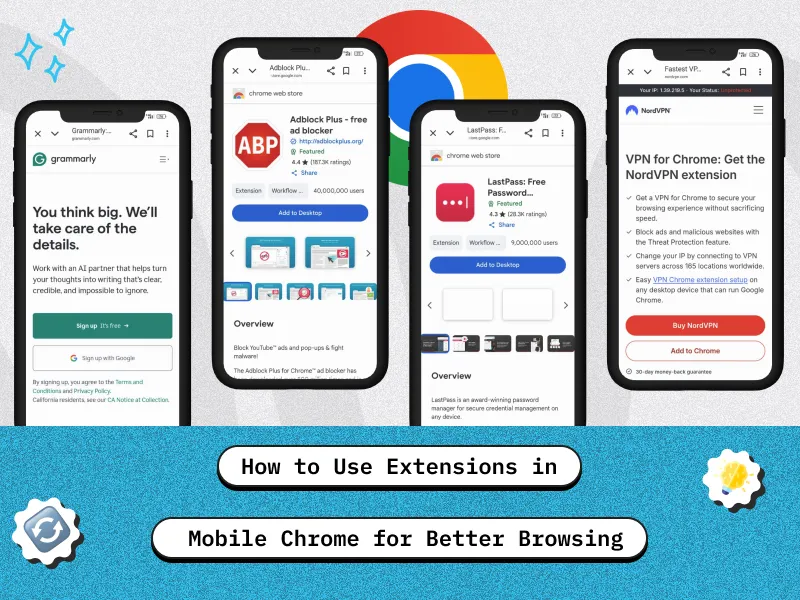
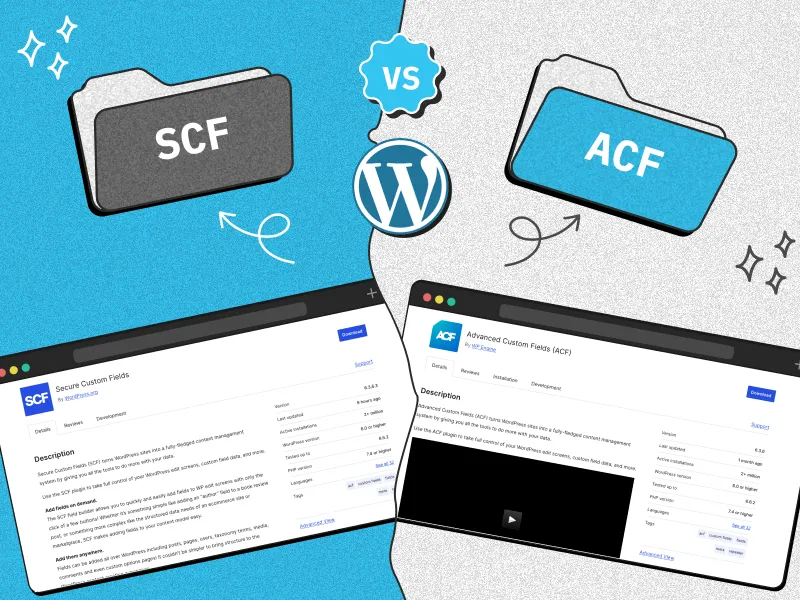

 Canada
Canada 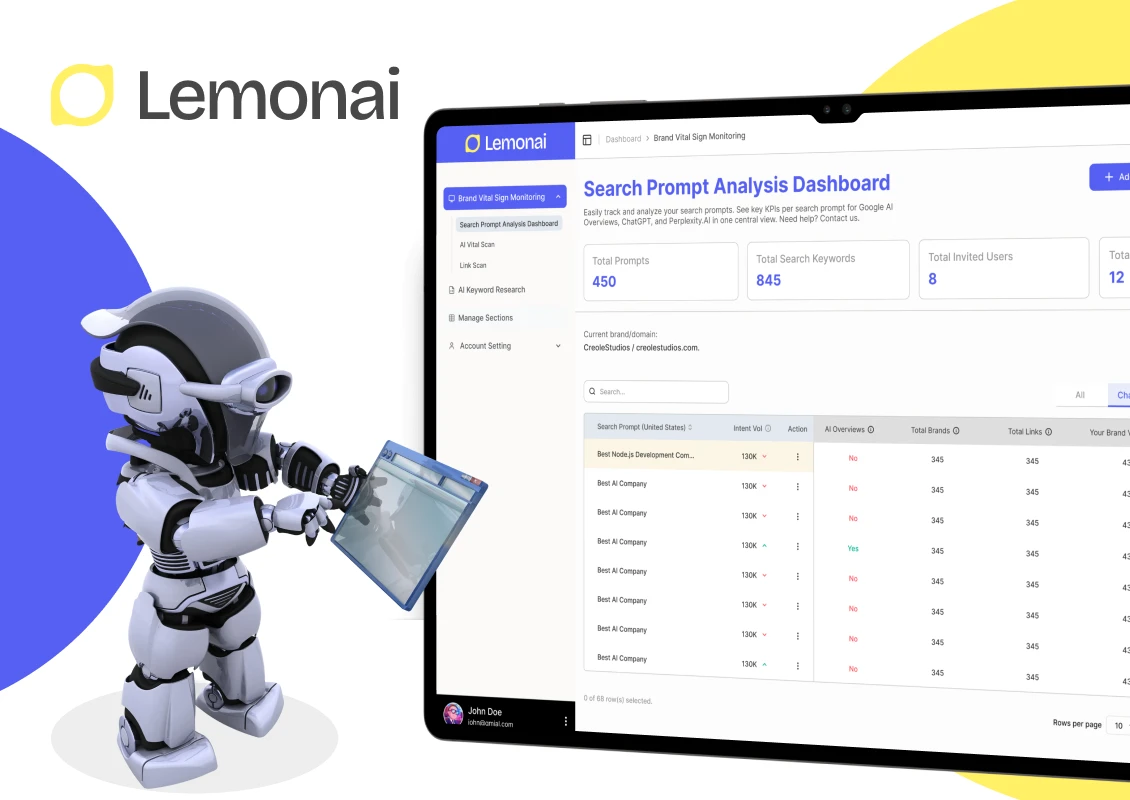
 Hong Kong
Hong Kong 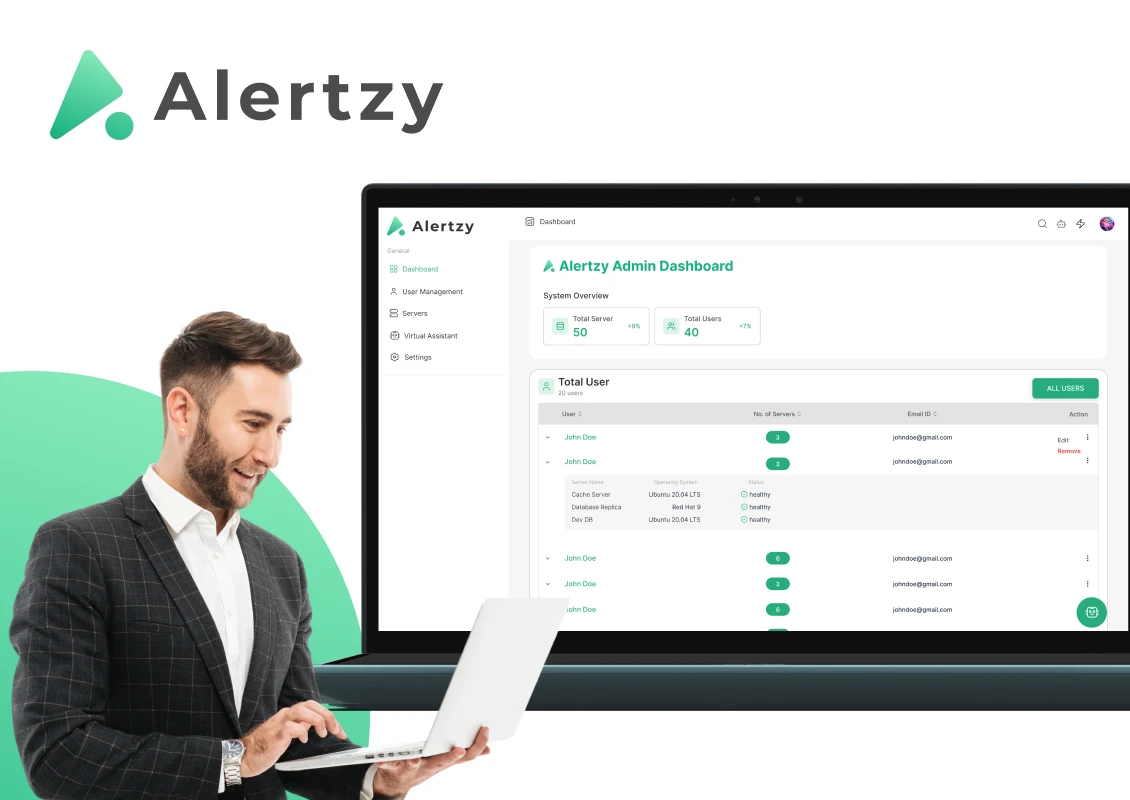
 Global
Global 





 Love we get from the world
Love we get from the world 